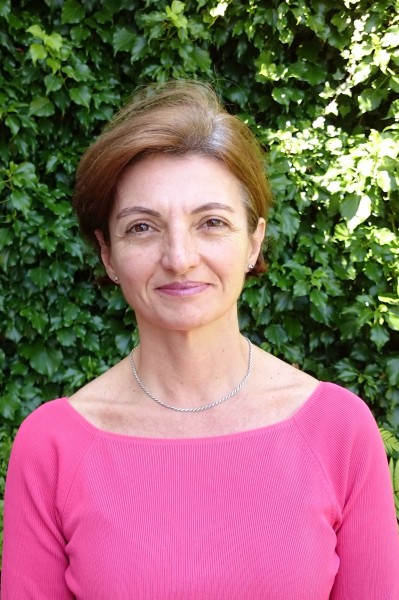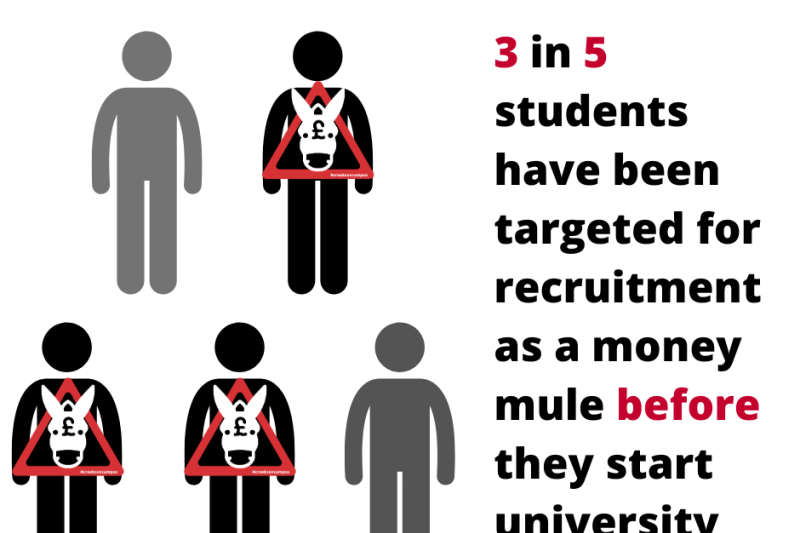The research analysed the gender representation in the boards and committees of nine societies, 25 journals and 10 conferences, as well as a global survey of over 300 people.

The research was led by Dr Ana Vila-Concejo from University of Sydney with contributions from researchers based in Australia, New Zealand, Ireland, Spain, France and the UK, including Dr Luciana Esteves, an Associate Professor at Bournemouth University.
Results show that while women make up almost a third of the coastal geoscience and engineering (GCE) community, they represent only about one in five of its prestige roles, particularly the ones that depend on invitation (women represent only 15% of journal’s editorial boards and 18% of conference organising committees).
Dr Esteves said of the findings, “One of the great things about being part of this collaborative work is that we are making concrete contribution to reduce gender inequality in the field of coastal geosciences and engineering. We are contacting academic societies and organising committees of conferences asking them to consider a better gender balance in their boards, keynote speakers and other prestige roles.
“We are getting very positive results and feedback. We are not expecting to have a 50/50 gender ratio, we just would like a fair representation of the ratio found in the academic and professional community.
“Our data shows that there is a 31% representation of women active in the field of coastal geosciences and engineering. It would be just fair that the same proportion is found in prestige roles. To help in this sense, we are organising events at conferences to draw attention to the issue of gender imbalance and also working to make more visible the great work women are doing, particularly in early career stages.”
Dr Esteves concludes. “I particularly enjoy the fact that, based on the results from the survey, we were able to identified seven steps, some simple enough for anyone to take, that can make an impact towards reducing gender imbalance in our work environment. I believe most of these steps are as applicable to other subject areas.”
The seven steps include advocating for more women in prestige roles, creating awareness of the gender bias and encouraging more women to enter the discipline at a younger age.
The full research paper can be found at Palgrave Communications.



